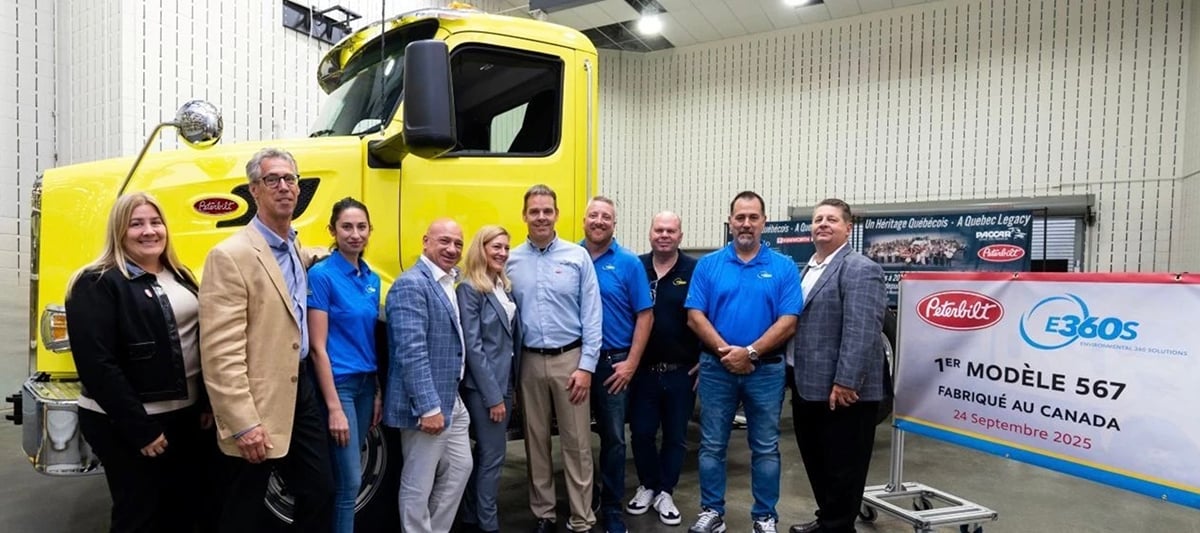SASKATOON – The Federation of Saskatchewan Indian Nations is interested in joining a bid by Fred Mitchell to buy Intercontinental Packers, Saskatchewan’s largest meat packing company.
But FSIN will have to wait for Mitchell and his family to resolve their legal dispute before getting into detailed discussions, said Barry Ahenakew, a FSIN economic development commission member.
“We’ll have to wait for the Mitchell family to work out their situation,” said the chief of the Ahtahkakoop band.
Suit, countersuit
Fred Mitchell, former Intercon president, is suing his family on two issues. The family is countersuing.
Read Also

Equipment manufacturing may return to Canada
Some ag equipment and automotive manufacturers are now adjusting their production and distribution to avoid tariff costs in relation to supplying the Canadian market.
Mitchell, who left the company after about 20 years as president, has one suit for constructive dismissal claiming $2.5 million in damages.
In the other, he said his mother, brother and sister forced him to sign over his Intercon shares to a family trust when he was ill. He wants the court to return control of the company to him.
The countersuit says Mitchell and his wife owe the company close to $1 million in personal expenses.
In mid-May, Mitchell said the bitter feud could be resolved if his brother Chip and other family members agreed to sell Intercon to him.
Chip Mitchell was unavailable for comment.
Ahenakew said he sees Fred Mitchell’s proposal as a way for first nations to grow economically.
Bring in capital
“It is an industry that has $350 million in sales, from what we know, and we want to get into business that will generate funds for our peoples, something similar to the casinos,” Ahenakew said.
“We want something worthwhile, not something that is small and takes time.”
FSIN’s economic development commission must discuss the proposal more, but Ahenakew thinks the payback would be in jobs for urban Indians.
Also, with Indian-owned land expanding because of land-claim settlements, first nations have a growing interest in livestock production, he said.














